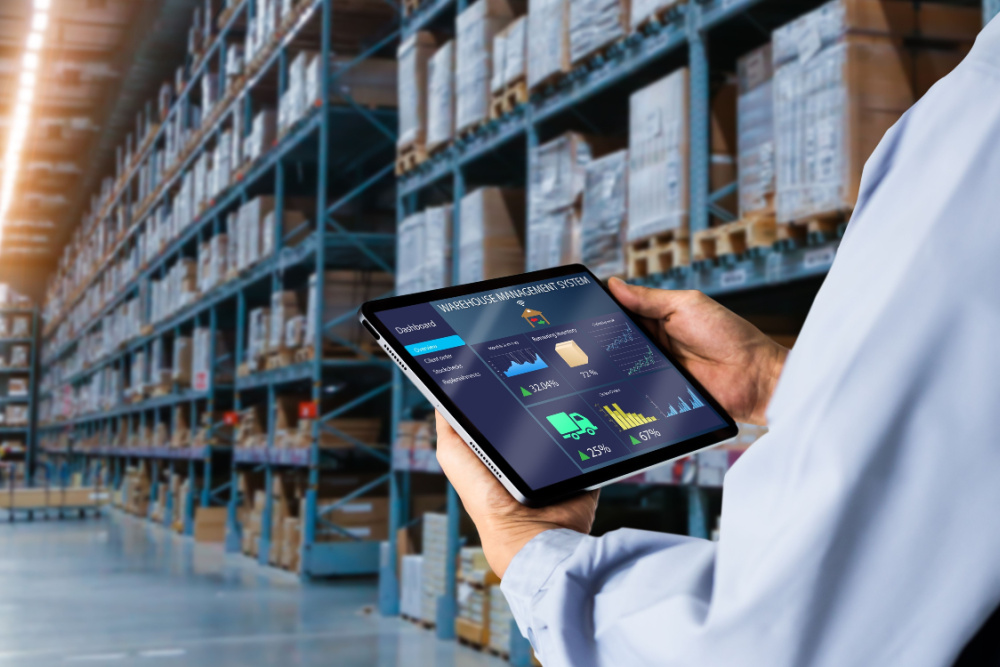Small businesses often find themselves in a competitive landscape where efficiency in operations can make or break their success. Accounting, a critical aspect of any business, has seen significant advancements over the years. While traditional accounting methods have been relatively effective, they fall short in today’s rapidly evolving business environment. This is where cloud accounting comes into play.
Cloud accounting offers a robust and efficient platform for managing financial tasks, freeing up valuable time and resources for other essential business operations. In this article, we delve into the various facets of cloud accounting, explaining how it can significantly elevate small businesses’ efficiency and operational effectiveness.
Understanding the Basics of Cloud-Based Accounting
In traditional settings, accounting software had to be installed on individual computers within an organization. The process involved a hefty one-time payment, often requiring subsequent software maintenance and update costs. However, technological advancements have pushed us into an era where cloud accounting has become a more accessible and flexible alternative.
Cloud accounting operates over the internet, offering a user-friendly interface that can be accessed from any device with an internet connection. Unlike its traditional counterparts, cloud accounting software does not require installation or an in-house IT team for maintenance. This innovative approach to accounting eliminates geographical constraints, allowing businesses to manage their finances from anywhere.
Why Choose Cloud Accounting for Small Businesses?
Accessibility Across Locations
The world has never been more connected, and businesses require the ability to access data on the go. Cloud accounting solutions cater to this need perfectly. Not only can you check financial statements and cash flow reports from anywhere, but you can also make time-sensitive decisions without being tied to your office desk.
Unmatched Data Security
For small businesses, data security is paramount. Cloud accounting providers typically offer robust security protocols that are frequently more secure than local servers. Data is encrypted during transfer and when stored, providing multiple layers of security against potential breaches.
Additionally, data backup is automated and stored in multiple locations, offering an extra layer of security. This redundancy ensures that your financial data is safe and accessible even in the case of unexpected scenarios like natural disasters or hardware failures.
Cost-Saving Potential
Initial costs can be a significant barrier for small businesses when considering the adoption of new technologies. Cloud accounting shatters this barrier by offering subscription-based pricing models. This allows companies to select a plan that fits their needs and budget without the burden of hefty upfront costs.
Moreover, the subscription models often include updates, maintenance, and customer support, eliminating hidden or additional charges. This cost-effective model ensures that even small businesses can access top-tier accounting solutions, aligning their operations with industry best practices.
Adaptable Functionality
With Cloud accounting, gone are the days when financial data was stored in isolated silos within an organization. Cloud solutions allow for a centralized repository of all financial data, making it easier for different departments to collaborate. This centralized system streamlines decision-making and ensures that everyone in the organization is on the same page.
By removing the need for manual data transfer between departments, cloud accounting also eliminates the possibility of errors that can occur in such processes. This not only improves efficiency but also ensures better data integrity across your business operations.
Seamless Customization
Every business is unique, and a one-size-fits-all approach rarely works when it comes to accounting software. Traditional systems often lack the flexibility to adapt to the specific needs of a business. In contrast, cloud accounting solutions offer customizable features and the ability to integrate various add-ons.
Whether it’s payroll management, inventory tracking, or customer relationship management, these customizable features can be added or removed based on your business needs. This flexibility allows your accounting software to grow along with your business, making it a long-term, scalable solution.
Tax Management
One of the most daunting tasks for small businesses is tax management. Incorrect filing or late submissions can lead to penalties that most small enterprises can ill afford. Cloud accounting software simplifies this complex task by automating tax calculations and enabling accurate and timely filing.
Furthermore, some cloud accounting solutions even offer features that integrate directly with tax filing systems. This makes it easier to submit returns and ensures you’re up-to-date with any tax laws or regulations changes, relieving you of the stress and complexity traditionally associated with tax season.
Final Thoughts
In today’s fast-paced business environment, staying competitive means adopting technologies that offer efficiency, security, and flexibility. Cloud accounting checks all these boxes, providing small businesses with a cost-effective solution that meets their accounting needs and facilitates better overall business management.
Discover the advantages of having QuickBooks desktop hosted on the cloud with gotomyerp. Don’t miss our FREE 30-day trial, which gives you a glimpse into how gotomyerp can propel your business toward success and growth.




